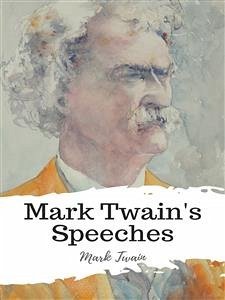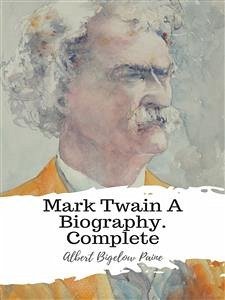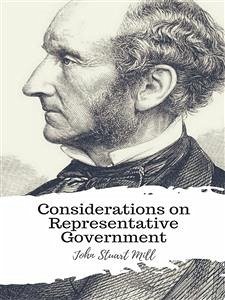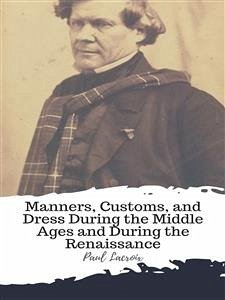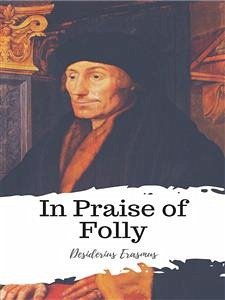
In Praise of Folly (eBook, ePUB)
Sofort per Download lieferbar
2,99 €
inkl. MwSt.

PAYBACK Punkte
0 °P sammeln!
At the onset of his hugely successful satire of medieval European society, Dutch scholar Desiderius Erasmus invokes the goddess Folly, daughter of Youth and Wealth, who was raised by Drunkenness and Ignorance. She's followed by idolatrous companions, including Self-love, Flattery, Pleasure, and Laziness. Through Folly's wry and humorous speech, Erasmus denounces the superstitions and nonsensical eccentricities of his contemporary theologians and churchmen, monastic life, and the condition of the Catholic Church. An immensely influential humanist text, In Praise of Folly helped lay the ...
At the onset of his hugely successful satire of medieval European society, Dutch scholar Desiderius Erasmus invokes the goddess Folly, daughter of Youth and Wealth, who was raised by Drunkenness and Ignorance. She's followed by idolatrous companions, including Self-love, Flattery, Pleasure, and Laziness.
Through Folly's wry and humorous speech, Erasmus denounces the superstitions and nonsensical eccentricities of his contemporary theologians and churchmen, monastic life, and the condition of the Catholic Church. An immensely influential humanist text, In Praise of Folly helped lay the groundwork for the Protestant Reformation and marked a transitional time between medieval beliefs and modern ideals.
Through Folly's wry and humorous speech, Erasmus denounces the superstitions and nonsensical eccentricities of his contemporary theologians and churchmen, monastic life, and the condition of the Catholic Church. An immensely influential humanist text, In Praise of Folly helped lay the groundwork for the Protestant Reformation and marked a transitional time between medieval beliefs and modern ideals.



